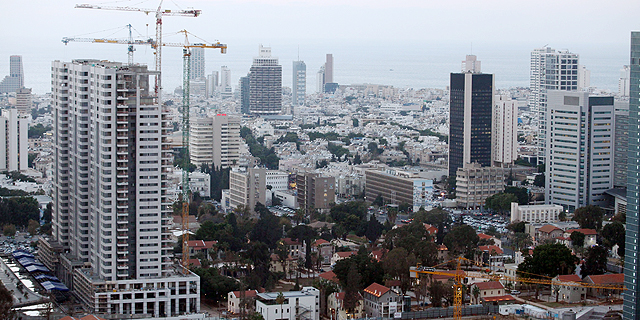
As Market Matures, Israeli Tech Exits Continue to Diminish, Report Says
The downward trend in the number of exits in Israel since 2015 continues, with 58 deals recorded between January and June 2018, compared to 63 deals in the first half of 2017
Hagar Ravet | 09:33, 11.07.18
The downward trend in the number of exits in Israel since 2015 continues. 58 such deals were recorded between January and June 2018, compared to the 63 deals recorded in the first half of 2017, according to a new report by Israel-based research firm IVC Research Center and Israel-based law firm Meitar Liquornik Geva Leshem Tal. The total sum of the deals has dropped accordingly, from $2 billion in H1 2017 to $1.8 billion in H1 2018.
For daily updates, subscribe to our newsletter by clicking here.
In the first half of 2015, a peak period for the market, 71 exit deals saw $4.6 billion change hands, according to the report. The average deal value stood at $32.5 million for January-June 2018, up from $31.1 million last year, but down from $65.3 million in 2015. Traditionally, most exit deals in the Israeli market are mergers and acquisitions, and this holds true for 2018 as well, with 53 of 58 deals falling into this category for a total of $1.7 billion. The average exit multiple for investors fell to 3.06 for the first half of 2018, compared to 4.01 for the same period in 2017 and 4.09 for all of last year. A possible reason for the downward trend is the maturation of the market and the relatively small number of deals that reach the $50 million-$100 million range. "The gap between the price of companies for purposes of raising capital and the number and value of exit events can serve as an explanation to the decline in the number of merger and acquisition transactions in recent years," said in a statement Alon Sahar, a partner at Meitar Liquornik Geva Leshem Tal. "More and more companies want to or can be construed as significant companies, a phenomenon that ‘distances’ the exit date and reduces the number of transactions," he added. However, Sahar cautioned that for some companies, "the gap between the cost of raising capital and exit prices can become a serious problem to bridge and will require transactions at lower prices than the cost of the capital raising." Initial public offerings are also down. Only three companies listed in the first half of 2018, compared to eight in the same time period last year. These three companies raised $115 million between them, a 53% decreased from the $247 raised in the first half of 2017. All three were companies from the life sciences sector, which accounted for 21% of all deals in the first half of 2018, their highest market dominance for the entire time period covered in the report, 2014-2018.Related stories
While deal activity might pick up in July-December, according to Marianna Shapira, a research director at IVC, the second half of the year is usually weaker, "and by now the decline, both in number and amounts of exits, indicates that 2018 is going to finish with poor exit performance."
The report does not include so-called mega-deals, as they arguably do not accurately reflect the Israeli tech industry. As such, the report does not include the two largest deals of H1 2018: KLA-Tencor Corporation's $3.4 billion acquisition of Orbotech Ltd., announced in March, and the $1 billion acquisition of NDS Group and other Cisco video assets by Permira Holdings Inc., announced in May. Including both of those deals would have bumped the total value of deals in the first half of 2018 to $6.2 billion.
No Comments Add Comment